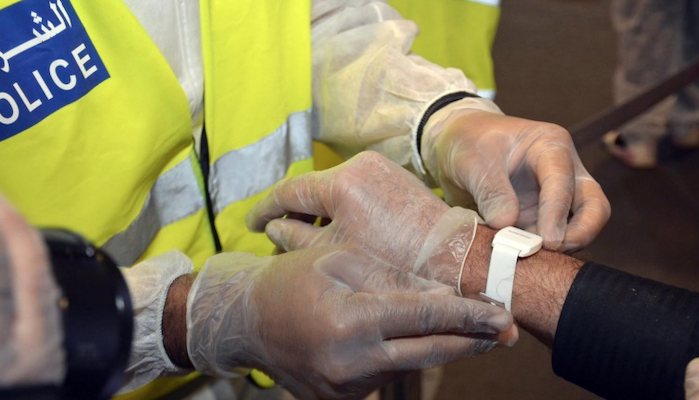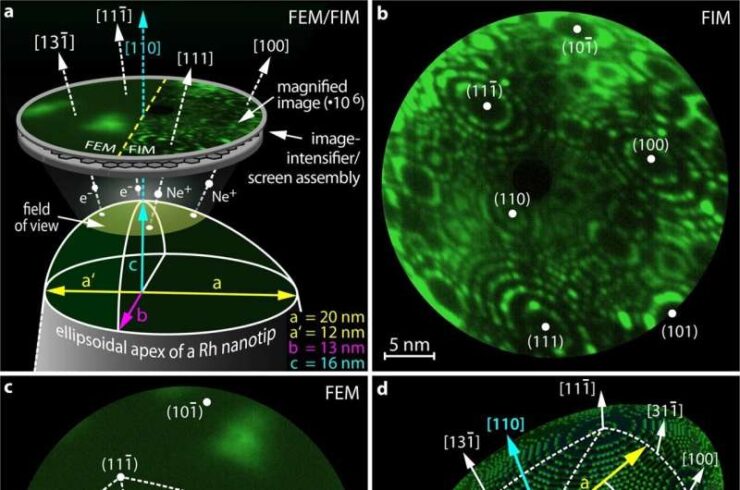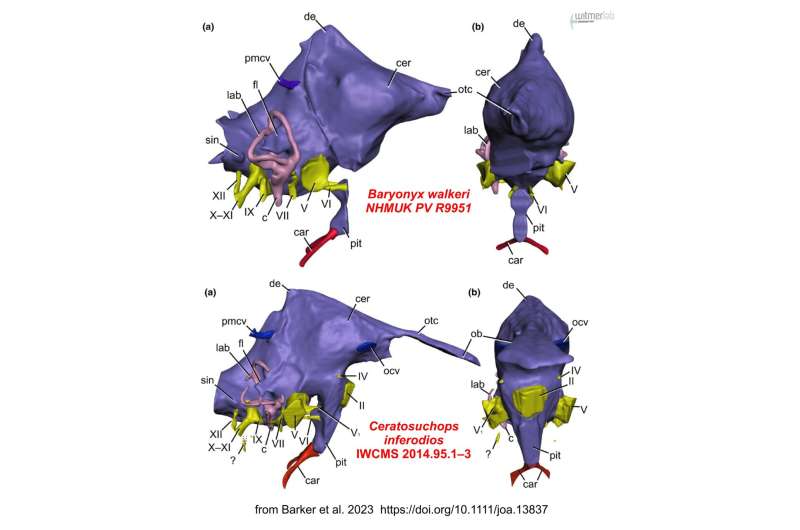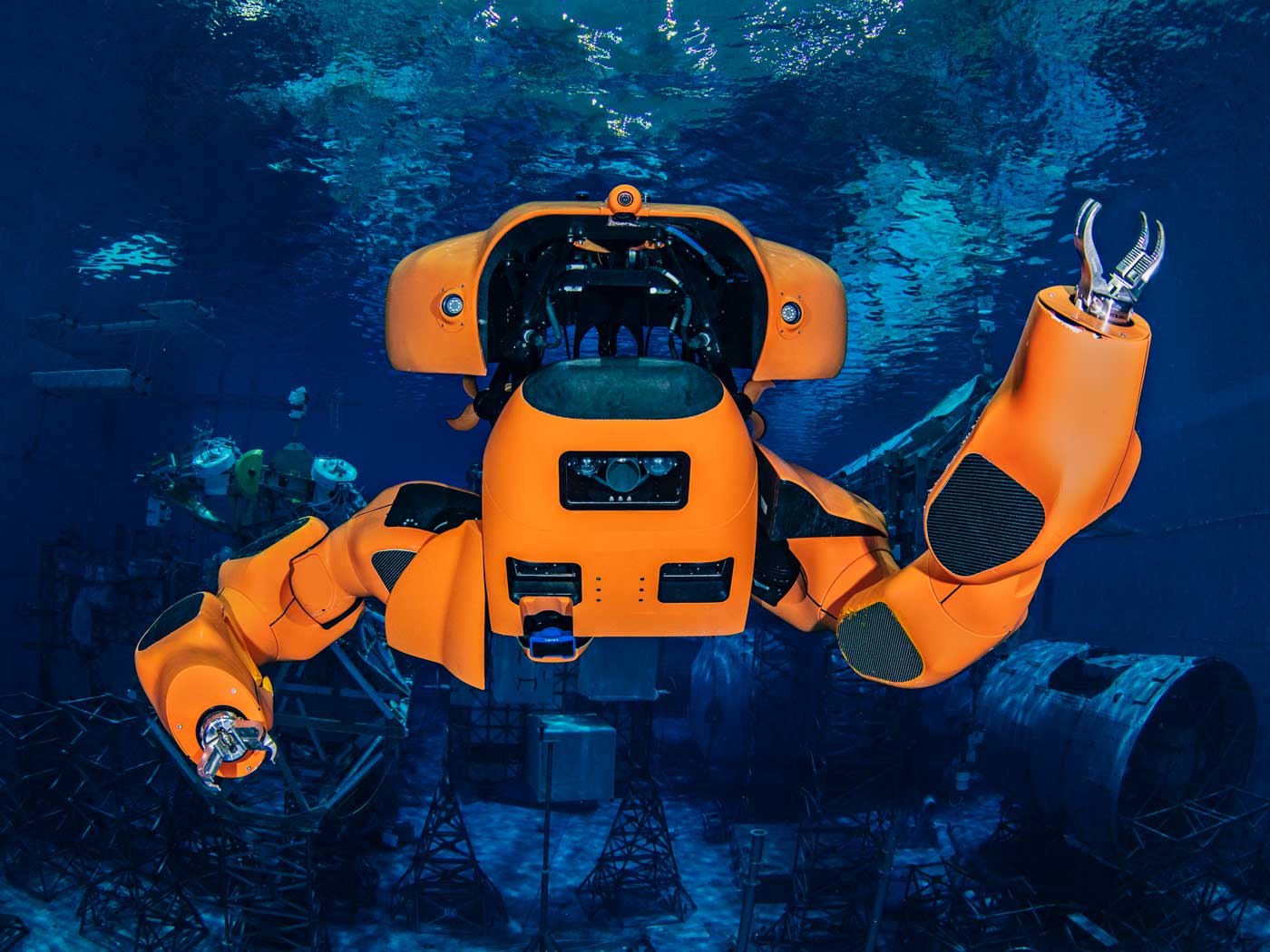Coronavirus Tracking Bracelets Flood the Market
Surveillance firms around the world are licking their lips at a once-in-a-lifetime opportunity to cash in on the coronavirus by repositioning one of their most invasive products: the tracking bracelet.
世界各地的监测公司都在利用”千载难逢”的机会——通过重新定位——他们最具侵略性的产品之一:追踪手环,则可以从冠状病毒身上大赚一笔。
Body monitors are associated with criminality and guilt in the popular imagination, the accessories of Wall Street crooks under house arrest and menace-to-society parolees. Unlike smartphones, de facto tracking devices in their own right, strapped-on trackers are expressly designed to be attached to the body and exist solely to report the user’s whereabouts and interactions to one or more third parties; they don’t play podcasts or tell you how many steps you took that day to sweeten the surveillance.
在大众的想象中,身体监测器与犯罪、罪行联系在一起,这是被软禁的华尔街骗子的附属品、也是威胁社会的假释犯;智能手机本身就是一种追踪设备,而与智能手机不同的是:捆绑式追踪器的设计初衷就是要附着在人体上,其存在的唯一目的就是向一个或多个第三方报告用户的行踪和互动;他们不会被(通过用户)播放出来、也不会告诉你那天你走了多少步来增加监视的乐趣。
But a climate of perpetual bio-anxiety has paved the way for broader acceptance of carceral technologies, with a wave of companies trying to sell tracking accessories to business owners eager to reopen under the aegis of responsible social distancing and to governments hoping to keep a closer eye on people under quarantine.
但永久性”生物焦虑症”(bio-anxiety)气候为广泛接受的”carceral”技术铺平了道路,一波又一波的公司试图跟踪配件卖给业主,在急于重启的庇护下负责任的(保持)社会距离又和政府希望保持密切注视人(被观察者)在隔离。
Read more at The Intercept
翻译:SGCS翻译组











